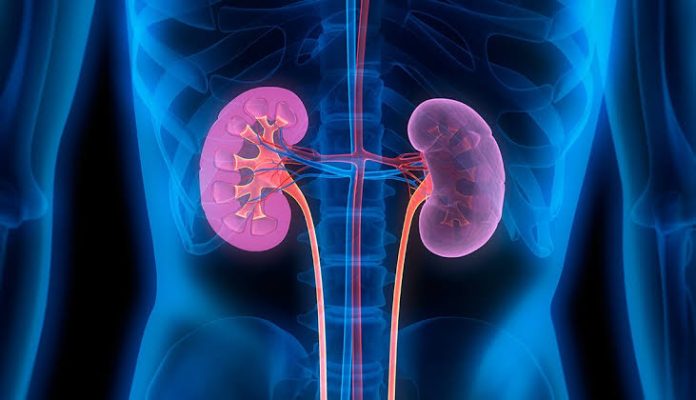5 Ways Your Body Signals A Kidney Problem
Every organ is vital for the healthy functioning of the body. Apart from the brain, heart, lungs, and liver, our kidneys also play a significant role in maintaining overall health. The two bean-shaped organs help in filtering blood, removing wastes and extra water to make urine, explains the US National Institute of Diabetes and Digestive and Kidney Diseases (NIDDK). Furthermore, it aids in maintaining a healthy balance of minerals, water, and salt in the blood. Therefore, it is crucial to note the signs of troubled kidneys and to take the necessary measures.
There are several ways your body can signal poorly functioning kidneys. These include:
Extreme fatigue
When kidneys fail to function at their maximum potential, it can lead to the build-up of toxins in the blood, causing people to feel fatigued and extremely tired. In addition, kidneys are also partly responsible for the production of Red Blood Cells (RBCs), which helps in supplying oxygen and nutrients to the brain and the muscles. Therefore, if your kidneys do not function efficiently, it can lead to anaemia, a condition caused by the lack of RBCs. One of the most common symptoms of anaemia is fatigue.
 Learn More
Learn MoreChanges in urination
Your kidneys are responsible for making urine by filtering wastes and excess water from the blood. When your kidneys stop functioning normally, it can lead to changes in the urine and urination pattern. Some of the symptoms include an urge to urinate more frequently, other symptoms include foamy, dark urine, and sometimes blood in the urine as well.
READ ALSO 7 Carbs You Should Be Buying for Better Blood Pressure
Swelling and puffiness around your face, feet and eyes
One of the primary functions of the kidneys is to flush out all the toxins and wastes from the body. When they are not working effectively, it can impact the filtering process, leading to the build-up of impurities and the accumulation of excess water and salt. Hence, it can lead to swelling and puffiness in the face, feet and eyes.
Dry and itchy skin
As discussed, kidneys eliminate waste and extra water from the body. This helps them ace several functions, such as creating RBCs, maintaining healthy bones, and balancing minerals and nutrients in the blood. Having said that, if you have dry and itchy skin, it can be a sign of an imbalance in the number of minerals, such as phosphorus, in your blood.
Also Read: Milk Isn’t The Only Way To Get Calcium: 5 Delicious Alternatives
Gastrointestinal problems
People with kidney problems also suffer from gastrointestinal issues. This includes nausea, vomiting and loss or changes in appetite. Given that unhealthy kidneys fail to function effectively, it fails to remove toxins and waste (urea) from the blood. High levels of urea in the blood can cause digestive problems.
Understanding Your Risk Of Kidney Problems
Some of the risk factors for kidney problems include:
Older age
Family history of kidney disease
Obesity
Smoking
Frequent intake of medications
Certain medical conditions, including diabetes, high blood pressure and cardiovascular diseases
Preventive measures
Prevention of kidney diseases comes down to your lifestyle and the habits you develop over time. Having said that here are some factors that can help in reducing your risk:
Eating healthy diet
Maintaining healthy weight
Exercising regularly
Drinking plenty of water
Quit smoking
Managing pre-existing health conditions
Following proper instructions when it comes to using medications
Conclusion
Kidneys are our body’s natural filter, which helps remove waste, toxins and excess water from the blood. This, in turn, helps in the production of RBCs, assists in maintaining strong bones and balances the minerals in the body. It is important to know when your kidneys are suffering and, more importantly, to understand the symptoms and the cause. Visit your healthcare provider for the most appropriate diagnosis and effective treatment.
Contributed By Tenzin Chodon












![The 17 Habits Of Truly Wealthy People That you can easily adopt now [Real powerful stuff]](https://worldfamilydigest.com/wp-content/uploads/2022/02/FA033A84-800B-424D-8DEA-2BB8AD9E91F6-100x70.jpeg)

